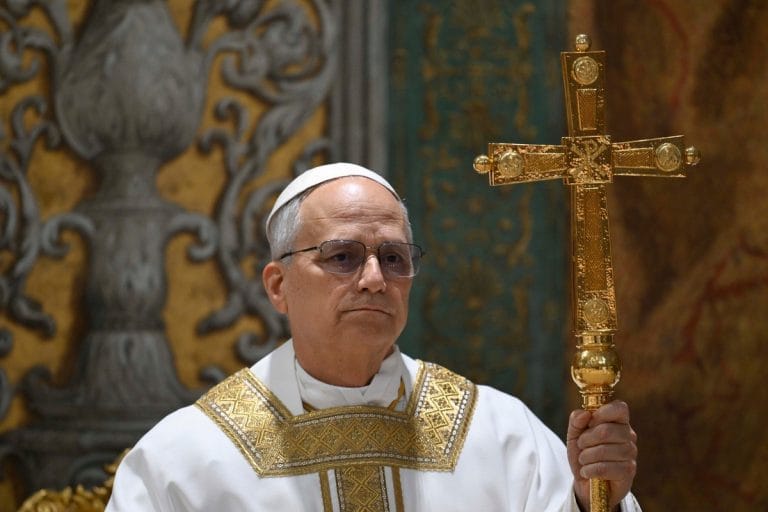🎧 Listen to This Article
As Pope Leo XIV assumes leadership of the Catholic Church, he faces an unusual and deeply American dilemma: the IRS may still come calling.
The former Cardinal Robert Prevost, a Chicago-born cleric who became the first American to be elected pope earlier this month, is also the first pontiff to potentially face U.S. income tax reporting obligations even as he governs a sovereign foreign state.
Though Vatican law governs his spiritual and political responsibilities, U.S. tax law still recognizes him as a citizen subject to the Internal Revenue Service (IRS) unless he renounces his citizenship.
U.S. Tax Law and Its Reach Abroad
Under current IRS rules, all American citizens, including those abroad, must file annual tax returns if they meet income thresholds. This obligation includes clergy, regardless of where they live or serve.
Pope Leo’s unique role complicates the situation:
- He receives no formal salary.
- His living costs, food, and health care are covered by the Vatican.
- He may receive a personal stipend and travel budget.
- He likely holds “signature authority” over Vatican accounts, which may trigger additional reporting to the U.S. Treasury under the Foreign Bank and Financial Accounts Report (FBAR) requirements.
Taxable or Not? It Depends
While Leo XIV’s income isn’t traditional, in-kind benefits like housing and stipends could be taxable under IRS rules unless certain religious or diplomatic exemptions apply.
Still, there are exclusions and credits:
- The Foreign Earned Income Exclusion (FEIE) lets U.S. citizens abroad exclude up to $130,000 in foreign income (2025).
- The Foreign Tax Credit allows any taxes paid to a foreign government like Peru, where Leo lived and naturalized, to be subtracted from his U.S. tax liability.
But income from a foreign government employer (i.e., the Vatican) is not eligible for exclusion. And diplomatic exemptions for heads of state have never been tested on a sitting pope who is also a U.S. citizen.
Legal Grey Zones and Possible Congressional Action
Experts expect the IRS to handle this delicately, possibly issuing a private letter ruling or even prompting Congress to legislate specific exemptions. Jared Walczak of the Tax Foundation called the situation “uncharted.”
While the Vatican Bank already complies with FATCA (U.S. law requiring foreign financial institutions to report American account holders), there’s no precedent for how this will apply to a pope.
For further details, clarification, contributions, or any concerns regarding this article, please get in touch with us at editorial@tax.news. We value your feedback and are committed to providing accurate and timely information. Please note that our privacy policy will handle all inquiries.



